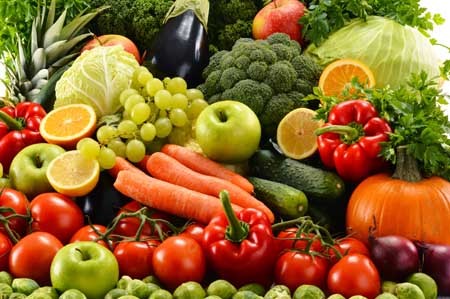Gabapentin May Increase Opioid-Related Deaths
 The anticonvulsant gabapentin is sometimes prescribed for chronic pain conditions along with opioids. A 2017 article by researcher Tara Gomes in the journal PLOS Medicine reports that compared to opioid prescriptions alone, co-prescription of gabapentin increases the risk of an opioid-related death by 49%. The risk was increased by 60% for those receiving moderate or high doses of gabapentin (those above 900 mg/day).
The anticonvulsant gabapentin is sometimes prescribed for chronic pain conditions along with opioids. A 2017 article by researcher Tara Gomes in the journal PLOS Medicine reports that compared to opioid prescriptions alone, co-prescription of gabapentin increases the risk of an opioid-related death by 49%. The risk was increased by 60% for those receiving moderate or high doses of gabapentin (those above 900 mg/day).
The increased risk when the drugs are taken together may be because both gabapentin and opioids depress the respiratory system. Opioids also slow the gastrointestinal system, meaning that more gabapentin is absorbed by the intestines than occurs when gabapentin is prescribed alone.
Gomes and colleagues looked at cases of patients who were prescribed opioids and had opioid-related deaths, and matched these with similar patients who had not died while taking prescription opioids during the same time period. The researchers found that having taken gabapentin in the previous 120 days dramatically increased the risk of death from opioid-related causes.
Gomes and colleagues suggest that caution should be used when prescribing gabapentin and opioid drugs at the same time.
Eat More Plants for Health
A long-term study of 130,000 nurses and other health professionals found that eating more plants lowered risk of death over several decades. A 3% increase in calories from plant protein was associated with a 10% lower risk of death during the study period.
The research, by Mingyang Song and colleagues in the journal JAMA Internal Medicine, found that the more animal protein consumed, the higher the risk of death from cardiovascular disease during the study. A 10% increase in the proportion of calories from animal protein was associated with a 2% increase in deaths. This association was worse for people who were obese or heavy drinkers.
Song and colleagues suggest that plants are a better source of calories than are animal products, and that fish or chicken are better choices than processed red meat.
Researcher Dariush Mozaffarian recommends eating plant-based foods like fruits, nuts, seeds, beans, and non-starchy vegetables, but avoiding those like French fries or white bread that have little nutritional value.


